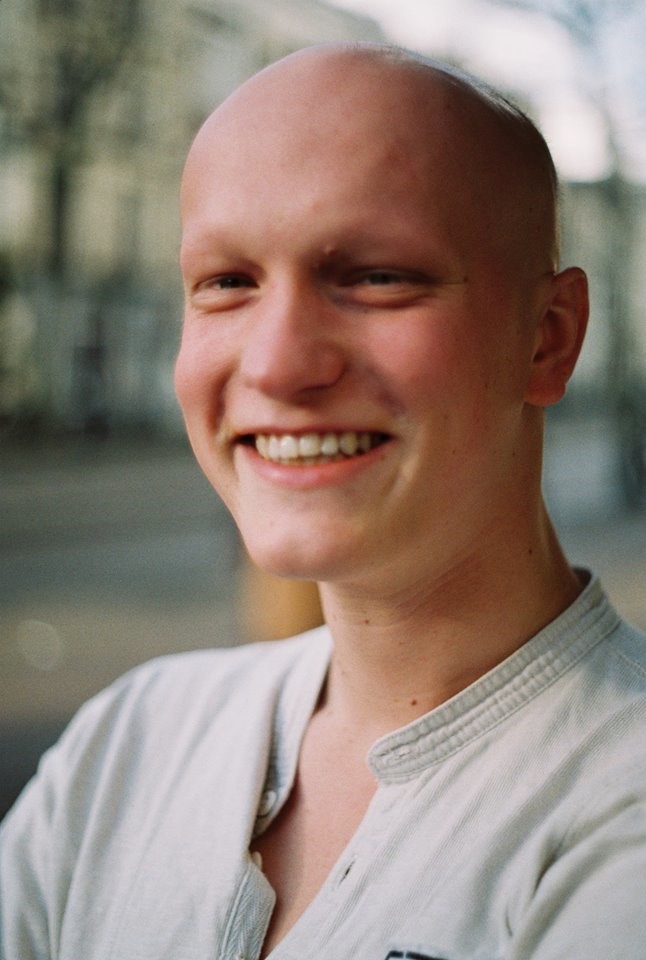
J.J.Nak, MSc
Social and Behavioral Sciences
Psychological Methods
University of Amsterdam
Email
Project
Connecting Phenomena to Theories in Psychological Science
The intention of the project is to strengthen theory and theory construction in psychological science. The replication revolution of the previous decade finds its conception in a crisis that sheds light on two separate issues. Apart from unchecked researcher degrees of freedom and external pressures leading to questionable research practices, another reason for the lack of replicable results is the notion that there is a shortage of strong logical links between psychological theory and the methods used to assess them (Oberauer & Lewandowsky, 2019). A comparison of different proposed methodologies to more adequately link data and theory identifies the comparing of empirical models with theory-implied models as a most promising way to strengthen this link (Haslbeck et al., 2022).
The current project aims to develop this idea through a proposed methodology named productive explanation (van Dongen et al., 2022). In this framework verbal theories will predict statistical patterns through formal modelling. These predictions can be matched with actual patterns robustly found in the body of knowledge. We refer to these letter patterns as ‘phenomena’ and they may entail examples as simple as commonly found group differences, linear associations or categorical differences throughout developmental stages. These phenomena can be philosophically placed as a mediator between data and theory (Bogen & Woodward, 1988) as they are relations that transcend any particular data set, but still serve as a target for explanative theory (van Dongen et al., 2022).
To achieve the intended goal the project will incorporate multiple phases. The earliest phase will consist of creating a phenomena database in which researchers can contribute and find proposed phenomena. To get this started, a survey has been set up to get an initial set of phenomena to start developing the database with. In latter stages this database should automize the contribution process and serve as a tool for researchers to see what phenomena can and should be explained in certain fields. As such, the database will be an ideal starting point for theory construction since researchers have easy access to a broad range of phenomena which they will have to be able to explain when theorizing.
In the next phase the created database will be linked to a parallelly developed modelling database. The modelling database can be used to translate verbal theory to formal theory and in turn predicted patterns. The constructed theories should be able to generate data that closely matches the patterns found in the phenomena database, as these latter describe the empirical reality. Having to think about theory not in loose fragments, but as a universal explanation to a broad range of phenomena while being able to directly compare the formal model derived from the theory with these phenomena will be a large stepping stone for the creation of stronger theory in psychological science.
Lastly, future ideas may be to use this framework to construct theories in promising areas. These areas may be identified by looking at large groupings of phenomena or conversely by identifying certain groups of phenomena that still lack explanatory models.
The database and the framework are intended as a way to aid theory construction and to eventually lead to a scientific landscape where more unified research is done. The overarching methodological nature makes this an ideal project for the IOPS-sphere.
Supervisiors
Prof. Dr. D. Borsboom
Dr. R. van Bork
Dr. N.N.N. van Dongen
Financed by
NWO VICI nr. VI.C.181.029 awarded to Denny Borsboom
Period
1 April 2023 – 1 April 2027
